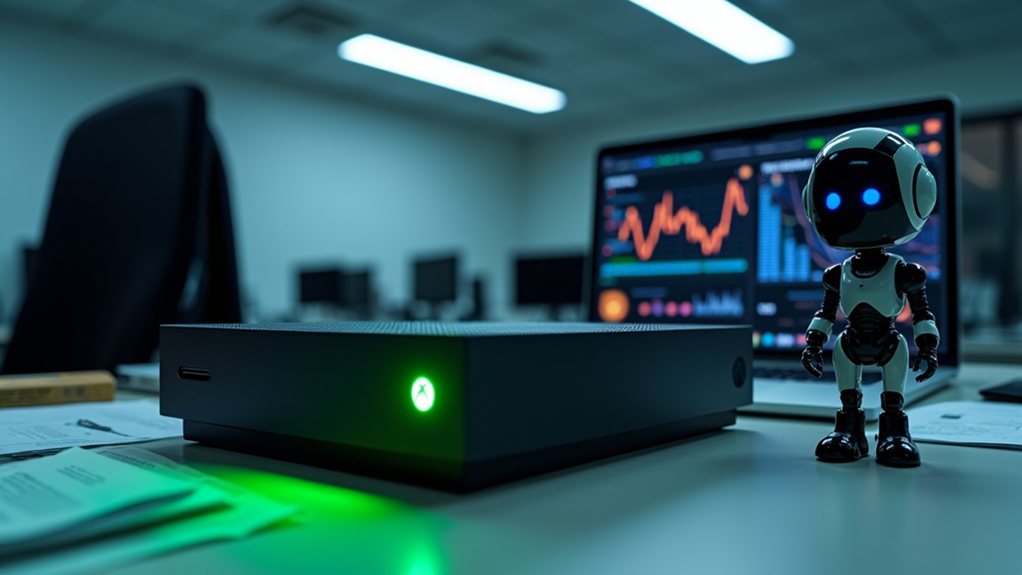AI’s convenience comes with a cognitive cost that’s silently reshaping our brains. Digital amnesia is real—most people can’t remember phone numbers anymore, and many need apps to recall what they ate for breakfast. Our problem-solving muscles are atrophying as we reach for AI assistance instead of thinking through challenges ourselves. While 77% use AI-powered devices daily, only one-third even realize it, making this mental outsourcing largely invisible—and the long-term implications increasingly concerning.
Then there’s the “Google Effect“—also known as digital amnesia. Remember when people actually memorized phone numbers? Now we can barely recall what we had for breakfast without checking our food tracking app.
Regular AI-assisted searches create habits of retrieval over retention, fundamentally rewiring our brains to become external storage devices rather than internal processors.
The phenomenon extends beyond simple forgetfulness. Cognitive atrophy occurs when AI simplifies daily tasks to the point where our problem-solving muscles never get a workout. People become less inclined to seek complex solutions, choosing quick AI-supported answers instead. It’s the mental equivalent of taking the elevator to the second floor—technically efficient, but ultimately weakening. Unlike traditional static information sources, AI-chatbots foster deeper trust through their conversational nature, making users more susceptible to cognitive dependency. This diminished motivation to engage in complex thought processes becomes increasingly linked to our growing reliance on AI assistance.
Despite only one-third of individuals recognizing AI’s presence in their daily lives, over 77% of consumers are actually using AI-powered devices regularly.
Age and education matter greatly. Younger populations show higher susceptibility to these negative cognitive impacts, while higher educational attainment helps offset the effects.
Early habitual use of AI tools could fundamentally reshape how future generations develop cognitive skills.
The irony? We’ve created tools to make us smarter, but they might be making us cognitively dependent instead. The question isn’t whether AI is useful—it obviously is—but whether we’re trading long-term mental sharpness for short-term convenience.








